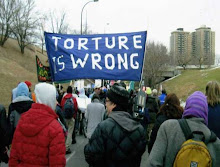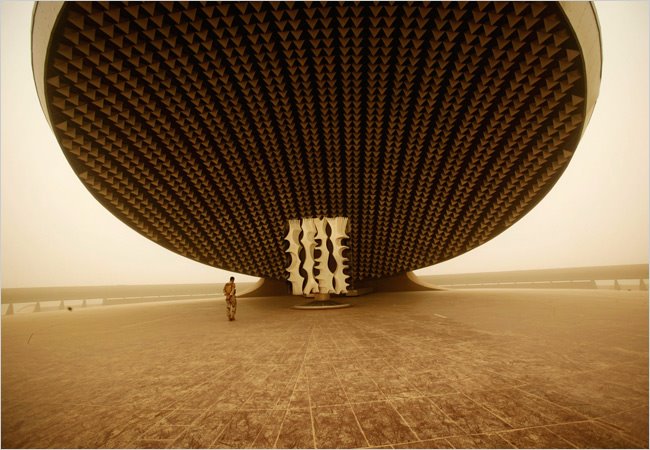By Tom Hayden
In the model currently applied, military force is to be followed by diplomacy with NATO at the center. Whatever the reason – access to oil resources, global dominance, the clash of fundamentalisms, distrust of the region – this desire for Western dominance delays and may even derail any possible diplomatic solution. The primary powers in the actual region include Iran, India, Russia and China, all distrusted on various levels by the US government, which therefore wishes to include them only as junior partners or satellites of NATO. Take the example of Iran; with 150,000 American troops on its border with Iraq, and upwards of 100,000 more on its border with Afghanistan, are they going to revert to their 2001 posture of supporting the US in Afghanistan? Or take the Shanghai Cooperation Organization [China, Russia and Central Asian countries]; will they be persuaded to welcome NATO? – they already are on record calling for US military withdrawal from the region. Or take the Kashmir crisis; does the US expect Pakistan to withdraw support for the Taliban and other jihadists they see as a bulwark against the Indian threat in Kashmir and Afghanistan while the US tilts towards India?
The other problem with a diplomatic solution for the US is the uncomfortable matter of democracy. In Afghanistan, the Karzai regime might not survive this year’s election, in which case the US will be seeking a substitute who signs off on the occupation. In Pakistan, the US has spent nearly a decade, and $11 billion in taxpayer money, supporting a military dictatorship and now, after the assassination of Benezir Bhutto, the US has been backing the Zardari regime against the more popular movement of Nawaf Sharif supported by thousands of lawyers and civil society in the streets. Anything resembling genuine popular democracy in Afghanistan or Pakistan would end the Western military occupation, or at least the air war, house to house roundups, and mass incarceration at Bagram and force a reversal of the current ratio of 18:I spending priority on the military. [See, Tariq Ali, The Duel, 2008, and Ahmed Rashid, Descent into Chaos, 2008].
Subscribe to:
Post Comments (Atom)





























































































































No comments:
Post a Comment